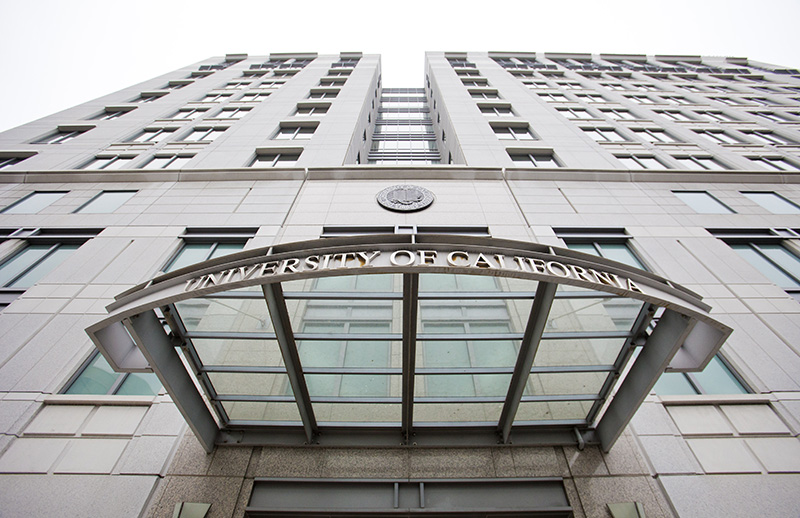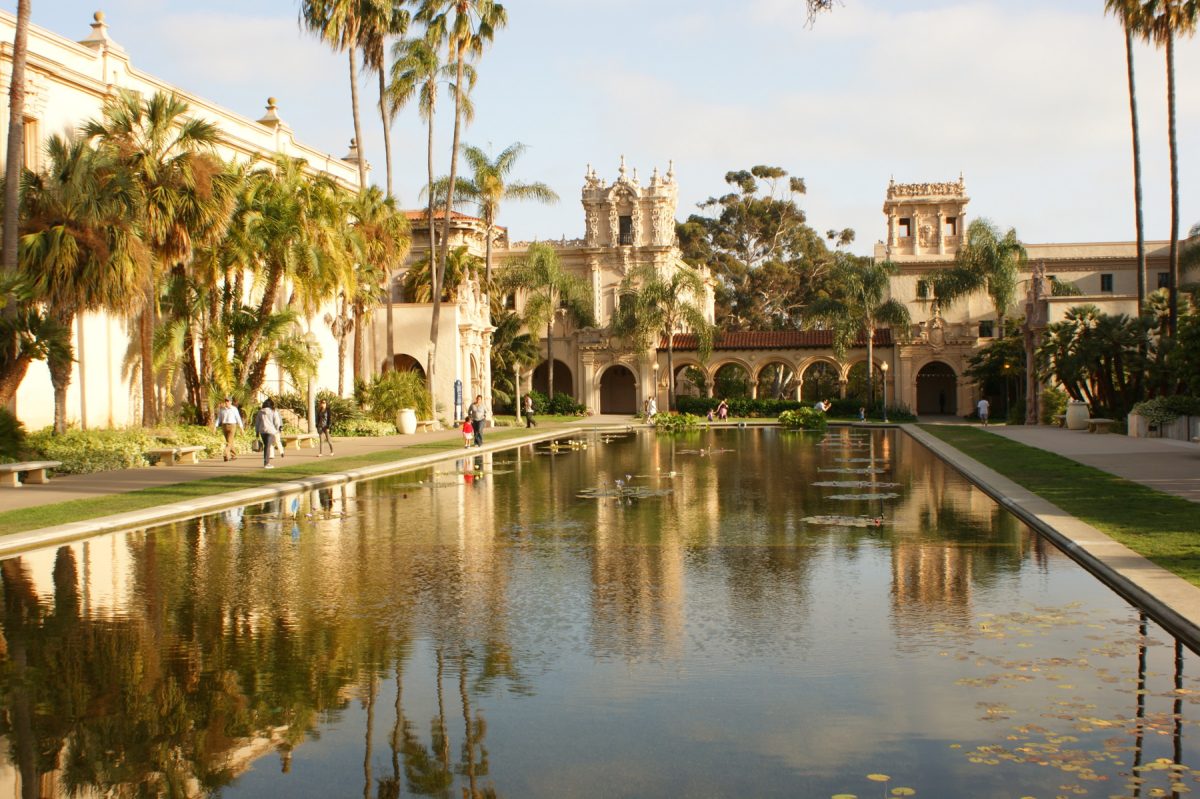President Donald Trump has been attempting to deploy National Guard troops from multiple states to Portland, Oregon, since Sept. 27. Oregon Gov. Tina Kotek has fought back through several lawsuits, and on Sunday, Oct. 5, when Trump began deploying California National Guard troops to Portland, Gov. Gavin Newsom joined Kotek in filing a temporary restraining order against the Trump administration. The order was granted by a federal judge later that day, barring the Trump administration from deploying any state’s National Guard troops to Portland until Oct. 19.
As part of the federal executive office, the Trump administration can take command of a state’s National Guard during “an invasion, a rebellion or danger of rebellion, or [when] the president is unable with the ‘regular forces to execute the laws of the United States’” — a legal process called federalization.
On Sept. 27, Trump directed Secretary of Defense Pete Hegseth to send “all necessary troops” to Portland, in response to ongoing protests outside of Portland’s South Waterfront U.S. Immigration and Customs Enforcement building. These demonstrations are criticizing heightened ICE operations and presence in the city of Portland and surrounding areas.
The White House confirmed early Sunday, Oct. 5, that the California National Guard was to be federalized and sent into Oregon. However, 101 federalized California National Guard members arrived in Oregon on Saturday night without any formal communication or prior warning to the state government. Kotek called the administration’s actions “an abuse of power and threat to our democracy.”
Later in the day, U.S. district judge for Oregon, Karin Immergut, approved a motion for a temporary restraining order filed by the state of Oregon, the city of Portland, and the state of California. This ruling halted and reversed the then-ongoing deployment of the California National Guard. Immergut also blocked the Trump administration from mobilizing National Guard troops from any U.S. state to Portland. The temporary restraining order will remain in effect until at least 11:59 p.m. on Oct. 18.
“The Court found yesterday that no such service members were required for those purposes in Portland,” the court filing on Oct. 5 stated. “There is no rebellion in Portland. There are no laws that defendants are unable to execute with regular forces in Portland. Defendants have suggested no need to deploy servicemembers elsewhere in Oregon.”
The Trump administration has since appealed Immergut’s Oct. 4 ruling. On Thursday, Oct. 9, a three-judge panel on the 9th Circuit Court of Appeals discussed whether it would be constitutional to lift the court’s Oct. 4 motion blocking the use of Oregon’s National Guard. It has not yet published their final ruling but, according to Politico, “signaled it was likely to rule in Trump’s favor.”
Lack of ground for deployment or federalization is a violation to the 10th Amendment, which states that “the powers not delegated to the United States by the Constitution, nor prohibited by it to the States, are reserved to the States respectively, or to the people.”
Immergut, who was appointed by Trump, expressed her concern about the federalization of the Oregon National Guard in her Oct. 4 ruling.
“This historical tradition boils down to a simple proposition: this is a nation of Constitutional law, not martial law,” the statement read. “Defendants have made a range of arguments that, if accepted, risk blurring the line between civil and military federal power — to the detriment of this nation.”
Since the Trump administration’s federalization of 300 California National Guard members in response to the Los Angeles protests in June 2025, Newsom and Trump have been embroiled in a pending legal battle. “The Trump Administration is unapologetically attacking the rule of law itself and putting into action their dangerous words,” Newsom said.
On Sept. 2, federal judge Charles Breyer ruled that Trump’s actions regarding the LA protests violated the Posse Comitatus Act, which bars military troops from conducting domestic law enforcement actions. Trump has appealed this ruling, and the appeal’s outcome will set limitations on the federal executive’s power over the National Guard.
“This isn’t about public safety, it’s about power,” Newsom said. “The commander-in-chief is using the U.S. military as a political weapon against American citizens.”








